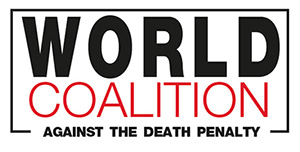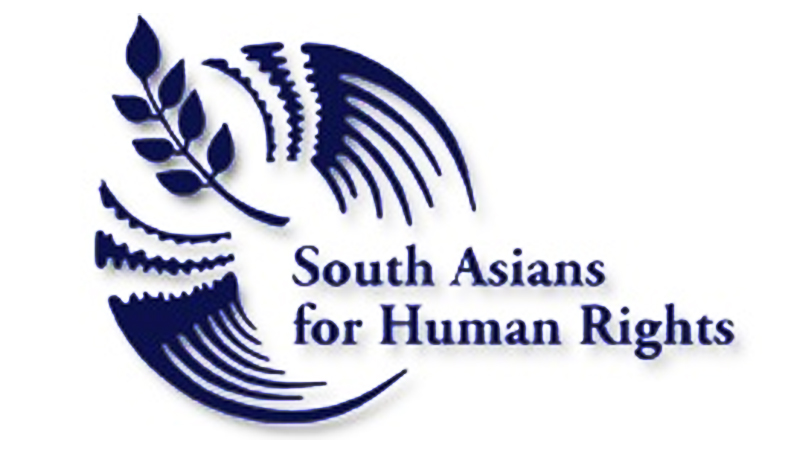Nigeria: Protect the rights of women and girls against the obscurantism of Boko Haram
FIDH – International Federation for Human Rights
Position note
Nigeria: Protect the rights of women and girls against the obscurantism of Boko Haram
Paris, 21 May 2014 – The abduction of 223 schoolgirls in Chibok, in the northern Nigeria State of Borno on 15 April 2014 and the outcry that spread across social media, has finally focussed the attention of the international community on the crimes committed by the fundamentalist group, Boko Haram, and the failure of the Nigerian government to take the measures necessary to protect the civilian population.
FIDH condemns the systematic attacks on civilians by Boko Haram, of which women and girls are the primary victims, and calls on the Nigerian government, with the support of the international community to take all necessary measures to find the girls, to prevent the commission of such crimes and to bring those responsible to justice.
For twelve years, Boko Haram has been attacking civilians and local authorities with increasing violence. The killings, torture, rape, other forms of sexual violence and abductions perpetrated by this criminal group against civilians have caused thousands of Nigerians to flee across the borders to seek refuge in neighbouring countries.
Like the Taliban in Afghanistan and Pakistan, and the Al-Shabaab group in Somalia, Boko Haram, preaching radical Islam, make girls its prime target. Its members pillage and burn schools to the ground, abduct female pupils, to “save them from sin”, sell them as slaves, force them into marriage and treat them as trophies of war. Their criminal and misogynous policy aims to deprive women of their basic rights to life, security and education.
These atrocities take place within a context of widespread human rights violations in the North of the country, perpetrated by the terrorist group and by the Nigerian army. The army’s attacks – conducted in the name of the fight against terrorism – cause further serious violations and fail to protect the civilian population, in particular women and girls.
It was only as a result of worldwide outrage that, three weeks after the abductions, on 5 May 2014, the President of Nigeria requested assistance from the international community. Claiming that his government did not have the means to find and ensure the release of the girls, he attempted to justify its inertia. Unitl then, all security efforts had been focused on staging the World Economic Forum in the capital, Abuja, intended to publicise the image of Nigeria as Africa’s number one economy.
Gaining strength from impunity, the Boko Haram terrorist group continued its attacks. During the night of 5 May 2014, the group abducted 11 young girls from the villages of Warabe and Wala and killed 300 villagers in Gamboru Ngala.
FIDH calls on the Nigerian government to assume its responsibility for the entire Nigerian territory, and to take all necessary measures to prevent and punish such crimes, to protect civilians and to assist the victims. FIDH reminds the Nigerian government of its obligations to ensure the security and rights of all citizens, without discrimination, and to guarantee the right to education for all Nigerian girls and boys.
FIDH underlines the fact that violence against women is facilitated by discriminatory laws and practices prevailing in the country and particularly in the North. For example, the criminal code currently in force in Northern Nigeria allows men to beat their wives in order to « correct » them. Nigeria must guarantee that its entire legal system conforms to international conventions to which the state is party, in particular the Convention on the Elimination of all Forms of Discrimination against Women (CEDAW), ratified in 1985.
FIDH stresses that situation in Nigeria has been the subject of preliminary analysis by the ICC Office of the Prosecutor since 2010, which has concluded that there are reasonable grounds to believe that Boko Haram is committing crimes against humanity and war crimes. FIDH calls on the Office of the Prosecutor to open an investigation into these serious and unpunished crimes taking place in Nigeria.
Press contacts:
Arthur Manet (French, English, Spanish) – Tel: +33 6 72 28 42 94 (Paris)
Audrey Couprie (French, English, Spanish) – Tel: +33 6 48 05 91 57 (Paris)
Category: Media Monitoring






